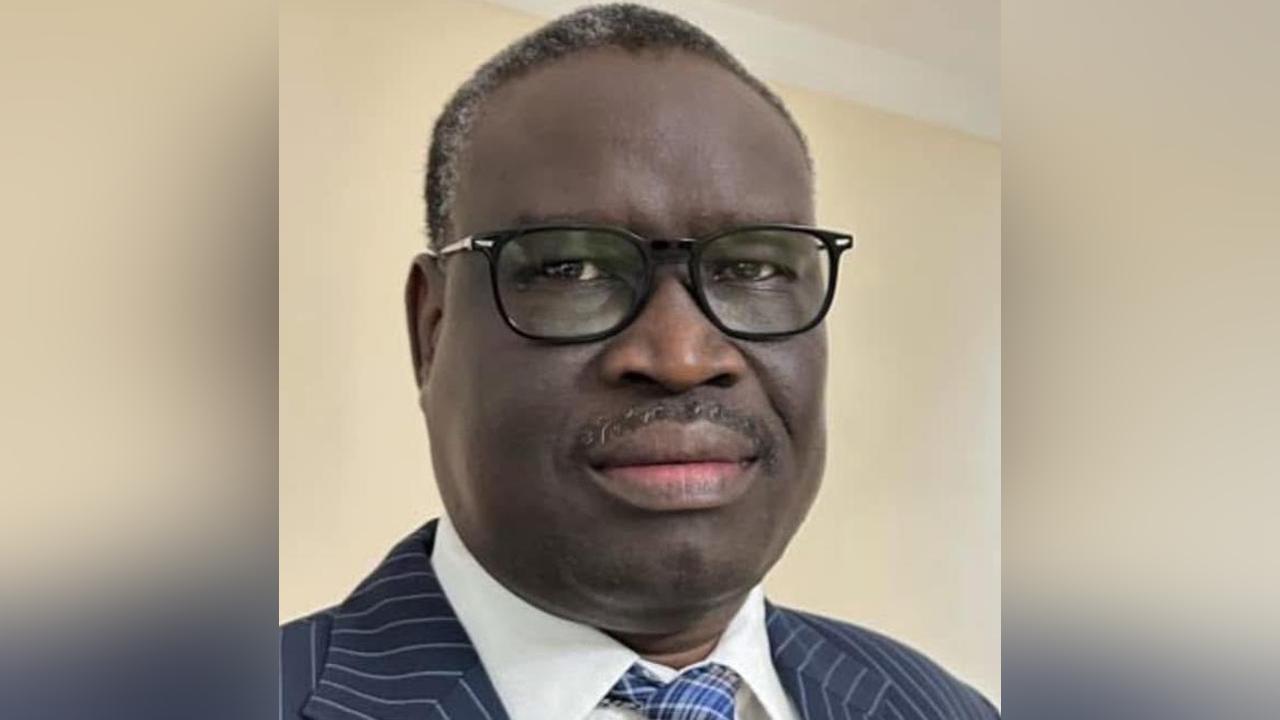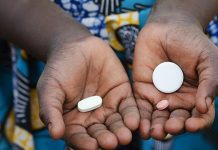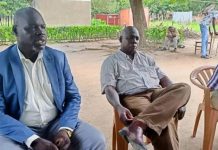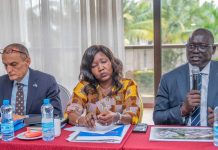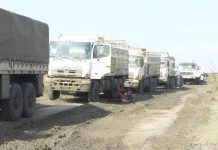Samuel Peter Oyay
Africa-Press – South-Sudan. The Juba regime rests on fragile oil rents and external sponsorship. With revenues shrinking, elites fragmenting, and security forces unpaid, the signs of collapse are no longer subtle—they are glaring. Every crisis, from the Dura Saga to the Oil-for-Roads scheme, has shown that what is presented as development is, in fact, a mechanism of elite capture. The roads were never built, the sorghum never arrived, yet billions disappeared. This is not governance; it is looting under the cover of statehood.
If the President were genuinely concerned about the Oil-for-Roads programme, he would have dismissed Bol Mel from his duties, just as he dismissed Mayiik Ayii. The contrast is telling: Mayiik, once one of Kiir’s most trusted ministers, was removed amid allegations of misuse and corruption connected to road construction. His dismissal was portrayed as accountability. Yet Bol Mel—whose companies have reportedly been paid US$1.7 billion of a US$2.2 billion budget in the Oil-for-Roads programme (2021–2024), while completing only a fraction of the promised roads—continues to be shielded at the highest levels. He has been appointed Vice President and Chairman of the Economic Cluster, and promoted to the rank of full General. This isn’t oversight—it’s political protection. The very project meant to demonstrate infrastructure development has become, per the UN report, one of the largest corruption scandals in South Sudan’s history.
The most recent UN report exposes more than just financial mismanagement; it confirms that the regime systematically abused its power, treating public funds not as resources for citizens but as tools for political survival. Key findings include:
Approximately 95% of the roads promised under Oil-for-Roads remain incomplete, despite large disbursements.
Up to US$1.7 billion is unaccounted for—paid to companies associated with Bol Mel, with inflated contracts, overstated road lengths, and below-standard construction.
In some years, Oil-for-Roads consumed about 60% of government disbursements, making it central to the regime’s financial flows.
These facts confirm what political theory tells us: when individuals control budgets and bypass institutional checks, belonging, fairness, and accountability collapse. Bol Mel’s protection is not merely nepotism; he serves as a linchpin in the personalized rent-distribution network that binds many elites to the presidency. Mayiik’s removal, in contrast, was permitted only because he was no longer useful—or had become a liability—not because institutions demanded it.
The truth is that reform from within this framework is impossible. The regime survives by buying loyalty with oil rents, not by building sustainable institutions. Once the rents dry up, loyalty evaporates, leaving only instability. No reshuffle or dismissal can solve this, because the foundation is rotten: individuals are stronger than the state they are supposed to serve. The only scientific and political solution is to reverse this equation—to give power back to the people and root authority in institutions rather than individuals.
Giving power to the people means more than paper elections; it requires dismantling patronage networks, empowering independent bodies, protecting free media, and restoring Parliament as a genuine check on the executive. It means replacing the rule of personalities with the rule of law. Without this transformation, South Sudan will continue to lurch from one crisis to another until collapse is complete. The choice before Juba is not just political—it is existential: either continue down the road of impunity, or build a new social contract where citizens, not individuals, are sovereign.
Source: Radio Tamazuj
For More News And Analysis About South-Sudan Follow Africa-Press

